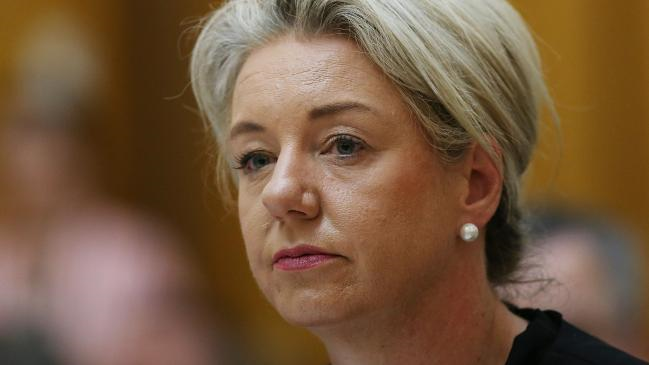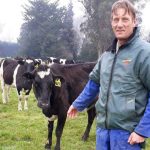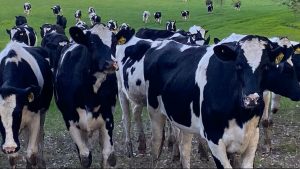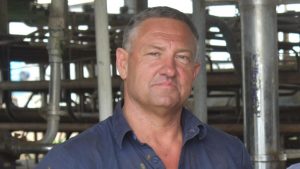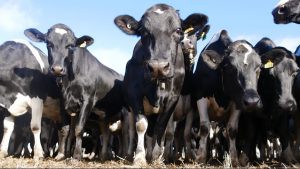
Mr Gillespie said he had received an assurance from Ms McKenzie that under the final code of conduct to be released, farmers would be able to contract with more than one processor (where now in practice there are restrictions) and could use the same truck and/or vat for different processors.
Ending “exclusivity”, Mr Gillespie said, was the key to helping struggling farmers.
This week, there was unrest in the Nationals partyroom over the fact that One Nation leader Pauline Hanson had forced pushing forward the implementation of the new dairy industry mandatory code, with Nationals MPs indignant Senator Hanson was claiming credit for their policy after striking a deal with the government.
Queensland MP Llew O’Brien even mentioned calling a spill of Ms McKenzie’s deputy leadership.
Mr Gillespie said on Thursday that in the “past 12 hours” he had received assurances from Ms McKenzie that she would implement measures he had called for. “The existential problem farmers have had forever is there’s exclusivity,” he said. “What we’re trying to enable is … that they can [supply] to two to three [processors] as long as they deliver what they’re contracted to deliver.
“We [also] need them to be able to send their product off from one truck or one vat.”
“I’ve got 30 per cent of milk production in NSW in my area.’’
Ms McKenzie said last week that the mandatory code would come into effect in January, six months ahead of schedule and
“As deputy leader of the Nationals, we understand the importance of the mandatory code being delivered as soon as possible in order to provide clearer safeguards for how farmers are treated as members of the supply chain,” she said.
“The dairy industry is on notice to make sure that the contracts offered to farmers are appropriate and fair ahead of its formal introduction — the community expects no less.”
